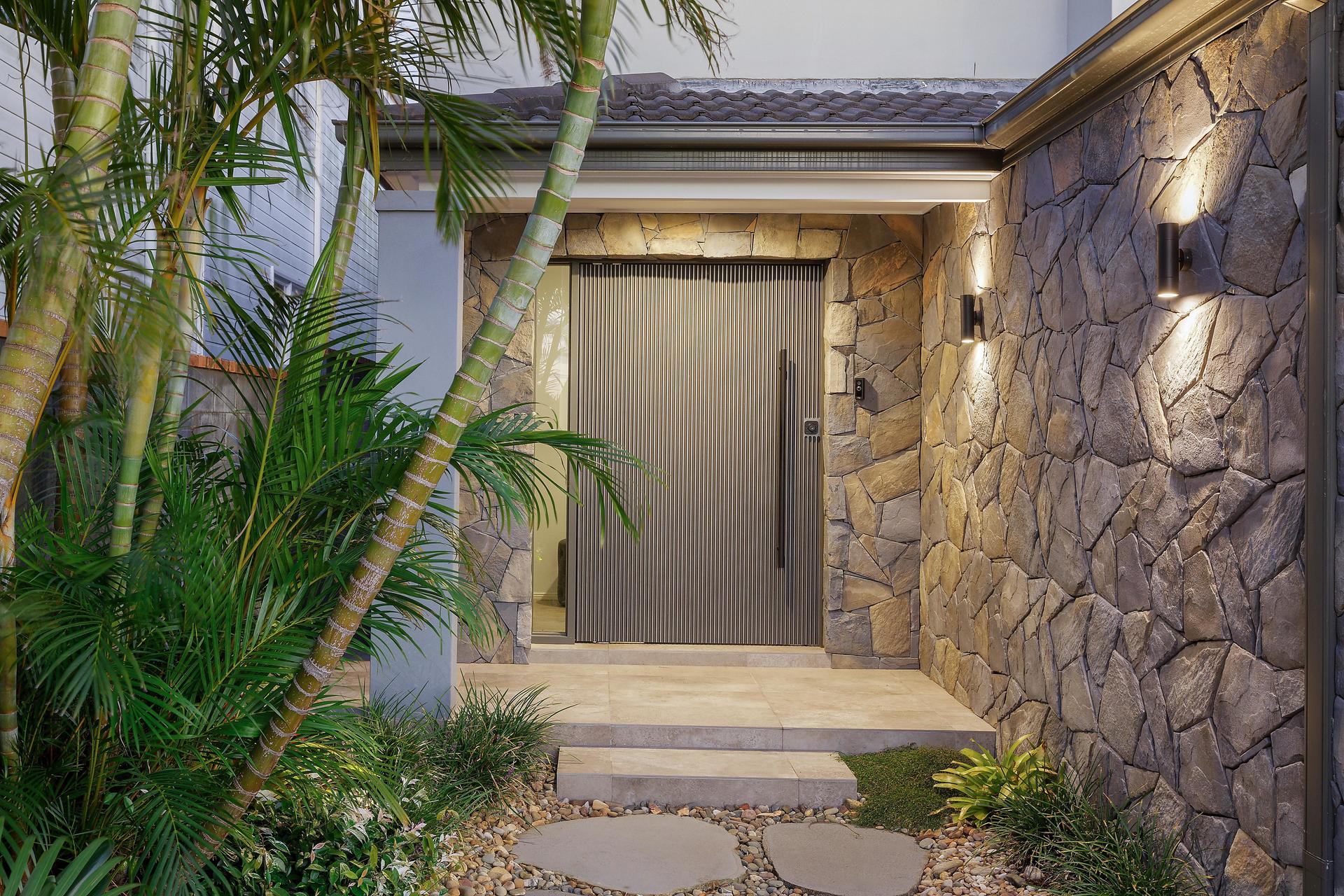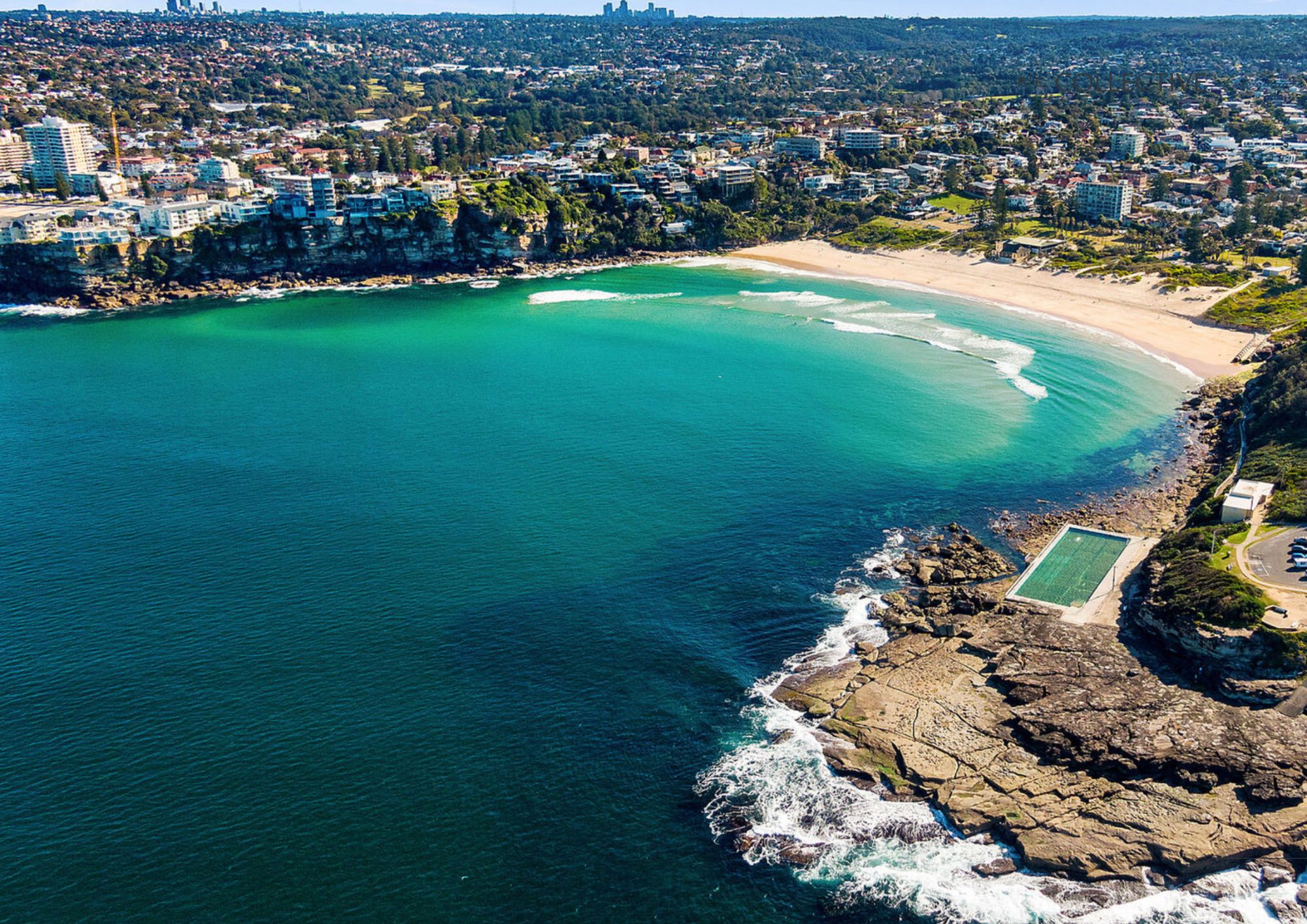With property prices again on the rise, many of our customers are investing in rental properties right now. But if you’re a first-time investor, you might be uncertain about what to expect and how to manage your new property. So we’ve rounded up our top 5 tips for new landlords to point you in the right direction.
1. Keep an eye on the market
Rental properties aren’t quite a set and forget investment. It’s important to understand what the rental market is doing so you can set a good rental price, attract good tenants and minimise your vacancies.
At the moment, we’re seeing rental yields holding well, particularly in coastal suburbs. This is likely for a number of reasons:
- More people are working from home so they’re choosing to be closer to beaches and lifestyle areas.
- Expats are returning from overseas which has created a new demand for executive rentals in particular.
- The family rental market is in the highest demand we’ve seen in years as those who cannot afford to enter the property market are choosing to have a better quality home.
This means good things for vacancy rates and rental prices. In most cases, we’ve been leasing properties after only one open home and securing high quality tenants with excellent rental yields. And we haven’t had any prospective tenants trying to negotiate rents as the demand has seen the properties being leased for the advertised price. Investors can expect good returns, especially with interest rates remaining low (and the Reserve Bank of Australia has tipped they’ll stay low until 2024).
2. Find the right insurance (and expect it to be tricky)
Landlord insurance is an absolute must to protect your investment and exposure to the market. But it’s important to shop around for landlord insurance, and make sure you know what you’re covered for as not all policies are created equal. The key coverage you want to be insured for are generally tenant theft, malicious damage by a tenant, loss of rent due to an insured event, and rent default.
Since COVID-19 hit, up to 70% of insurers have stopped offering rent default insurance – meaning if the tenants stop paying and you’re not covered, you could be out of pocket. The good news is, some companies are still offering rent default insurance, so be sure to shop around.
3. Understand tenancy laws (and when they change)
Both landlords and tenants are protected by tenancy laws. These are the rules that must be followed in rental properties. States each have their own tenancy laws and they do change. So it’s important to know what your rights and responsibilities are and keep up to date with policy changes. We can help you keep on top of the changes – sign up to our newsletter if you haven’t already. You can also find them on the NSW Fair Trading website.
4. Invest in your property
When we talk about investing in your property, ongoing maintenance and property upkeep is essential. But keep in mind it’s often worth going a little bit further than that. Think about investing a bit more in your property to present the property at its best so you can attract good tenants and receive the maximum return. Consider things that add comfort and style to your property like ceiling fans, built-in storage, a dishwasher, nice window coverings, good floors and fresh paint. They should help you attract and retain good quality tenants (who are prepared to pay a premium) – and increase your rental return.
5. Keep a financial buffer
Body: Properties, like any kind of investment, still come with a risk. As we’ve seen in recent times, you never know what’s around the corner. So you should treat it like you would any other business and make sure you have a financial buffer. This will help you ride out any little ups and downs without your investment adding stress to your finances.








